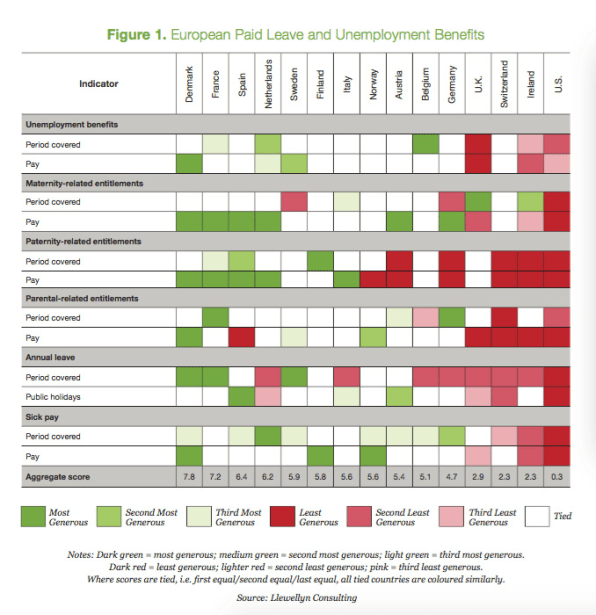- Joined
- Aug 10, 2013
- Messages
- 20,181
- Reaction score
- 21,525
- Location
- Cambridge, MA
- Gender
- Male
- Political Leaning
- Slightly Liberal
Equally important, providers aren't bringing distinct care bundles to market with easily comprehensible price tags. You’ve often got to figure out which CPT code(s) are relevant to your situation and try to work through which additional fees might get tacked on in various circumstances and settings. Sometimes that’s not too hard, sometimes it’s very hard.
Thanks for your thoughts on this.
Where's the most obvious direction to go from here (e.g., legislatively)?
Just to make the point that it's not all hopeless--there are some things that can be done here--there was an interesting Health Affairs blog post this week that reminded me of this thread (specifically the point quoted above). It highlights this problem in some detail and points to a potential path forward provided by--what else?--the ACA.
Embracing Standard Episode Definitions: An Industry Imperative
A March 2019 online search for the average price of a routine vaginal delivery in Denver, Colorado, yielded a widely disparate set of answers, ranging from a little more than $6,600 to nearly $13,600 (Exhibit 1).
As the state’s appointed manager of the all-payer claims database, the Center for Improving Value in Health Care (CIVHC) should have the most reliable pricing information, and yet its estimate differs from the average price listed on the state’s Division of Insurance website. Less surprisingly, it also differs from the prices of the three better known national public sites—Guroo (managed by the Health Care Cost Institute), Healthcare Bluebook, and Fair Health—because each uses its own method for determining which services should be included in the episode of care. And looking up this same information on any of the websites of hospitals in Denver (which, as of January 2019, are compelled to list prices) can lead to even more confusion because the prices reflect charges, instead of amounts paid by insurers, which are reflected in Exhibit 1.
Section 3003 of the Affordable Care Act called on the Centers for Medicare and Medicaid Services (CMS) to create episode definitions and an associated “grouping logic” that could be used for a variety of purposes, including assessing the performance of providers. In 2016, that work was completed, following years of development, rigorous testing and vetting, continuous work with medical specialty societies and experts to define and refine the episodes, and the application of the definitions and grouping logic to some CMS performance reporting efforts. In December 2018, CMS made the entire work product available as a public good that can be used for any purpose, including to improve price transparency for episodes of care.

